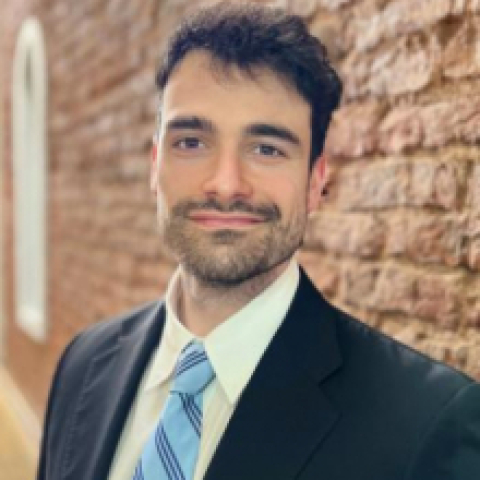Holding Companies: Modifications in the IRAE for Passive Income from Abroad
Law No. 20,095 and Regulatory Decree No. 395/2022 introduced important modifications in Uruguay regarding the criterion of territoriality or source, which had been applied in the Income Tax on Economic Activities (IRAE), and therefore which would only be taxable on income obtained within Uruguayan territory (and which already had some exceptions).
One of the main changes refers to passive income, which would now be taxed by IRAE if they did not meet certain conditions established in the regulations, and which is of special interest for holding companies ( http://bit.ly/ 3JEVowD ).
Under the previous regime, passive income from abroad, such as dividends and interest, were considered from a foreign source -and therefore not taxed by IRAE-, on the understanding that the source is located at the domicile of the debtor or issuer of equity participation, as appropriate. The same happened with intangible rights, whose source was located in the place of economic use, and in the case of real estate capital leases, the location of the asset was considered.
Why are the modifications introduced of special interest for holding companies?
Under IRAE regulations, income derived from dividends and share holdings were exempt.
Now, said income is in danger of being included as taxable income within the IRAE, if they do not meet certain conditions.
Entities affected by the changes
1. IRAE taxpayers members of a multinational group:
- When the company is included in the consolidated financial statements of the group (if the entity is required to prepare them),
- When the shares of said company are traded on a public stock market.
- Those that have been excluded from the consolidated financial statements solely due to size or relevance will also be considered.
2. Integrate the definition of holding company described in the Decree: when the assets directly associated with said activities represent at least 75% of the total assets of the company.
Conditions of changes
To avoid being affected by the changes (and be exempt from the IRAE regime), the entity must comply with the requirement of "economic substance".
For the "holdings" this would imply using "human resources commensurate in number, qualification and remuneration to manage investment assets", and having "adequate facilities for the development of this activity in national territory".
For its part, the Decree establishes that a "holding" will have "human resources commensurate in number" when:
• It has at least one director residing in national territory, with the appropriate qualifications to carry out said position.
• Most of the human resources employed are Uruguayan residents and are qualified to carry out the activities that generate the corresponding income.
Compliance with the requirements, in all cases, must be reported in an affidavit, which has not yet been regulated by the DGI, so it has not yet been established what formal or substantial nature it should have.
In turn, the Law allows the above condition to be developed by third parties, as long as it occurs under adequate supervision and in national territory.
The Decree complements the above, adding that:
• Human resources must be used according to number, qualification and remuneration.
• In the case of providing the services to multiple recipients, there is no overlapping of the resources affected by them.
• They must have adequate facilities, and incur adequate expenses and costs for the performance of the activity.
It is worth mentioning that the service provider (as could be the case of the accounting firm that assists the company), would also be obliged to detail in the invoice the personnel affected and the hours applied for the provision of the aforementioned services.
Considerations to take into account
In conclusion, it is of great practical importance for holding companies in Uruguay to be aware of these changes, in order to implement the necessary changes and ensure that they comply with the conditions cited in the regulations. Otherwise, they would be affected by the IRAE, which previously exempted certain types of income and benefited companies of this type.
It is also of great interest for local or foreign interested parties to eventually set up a company of this type, since knowing the new regime is essential for proper tax planning.
Do you want more information?
 Joaquin Pelaez
Joaquin PelaezPublic Accountant graduated from the University of the Republic – Faculty of Economic Sciences and Administration. Currently studying the Specialization in Tax Matters
